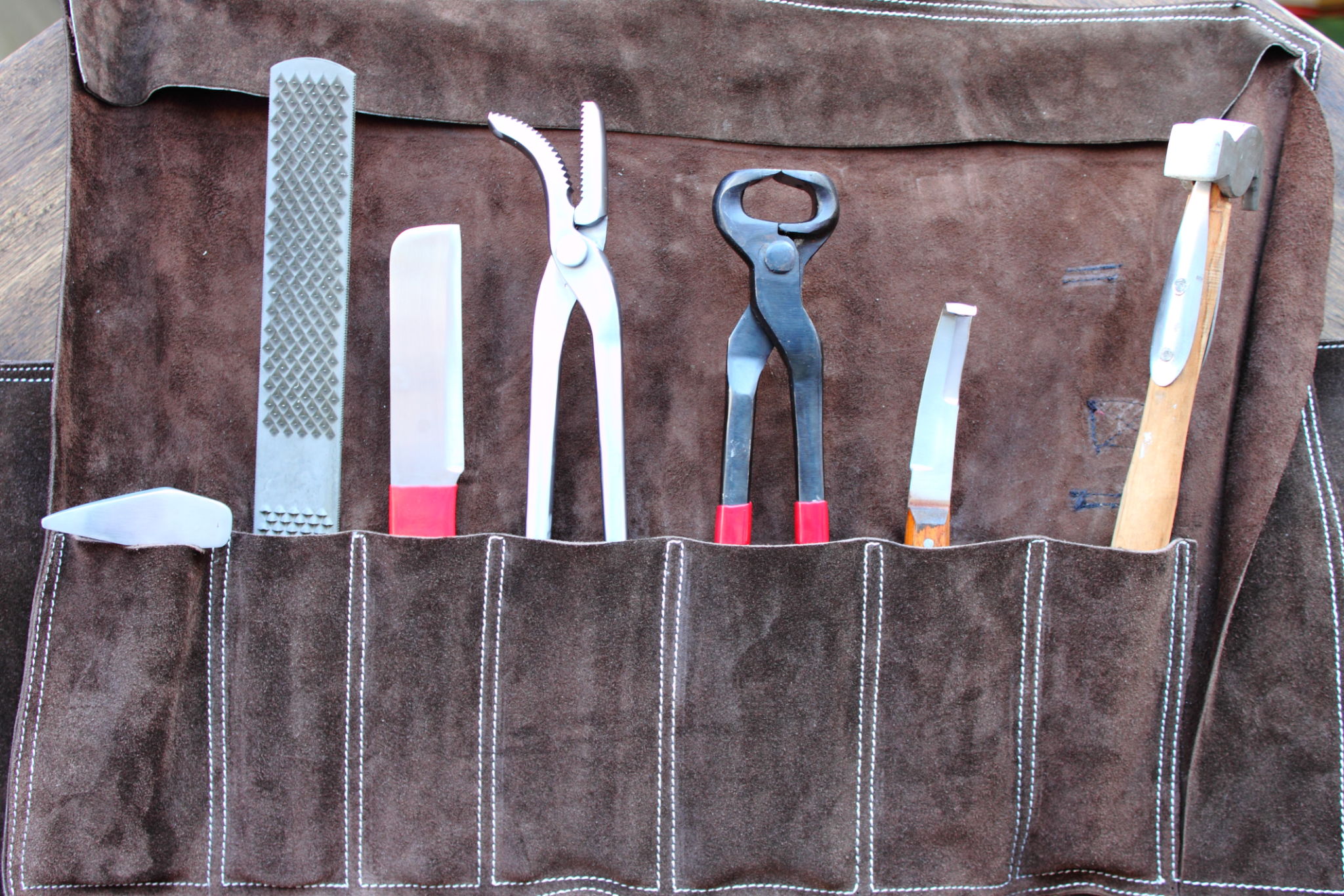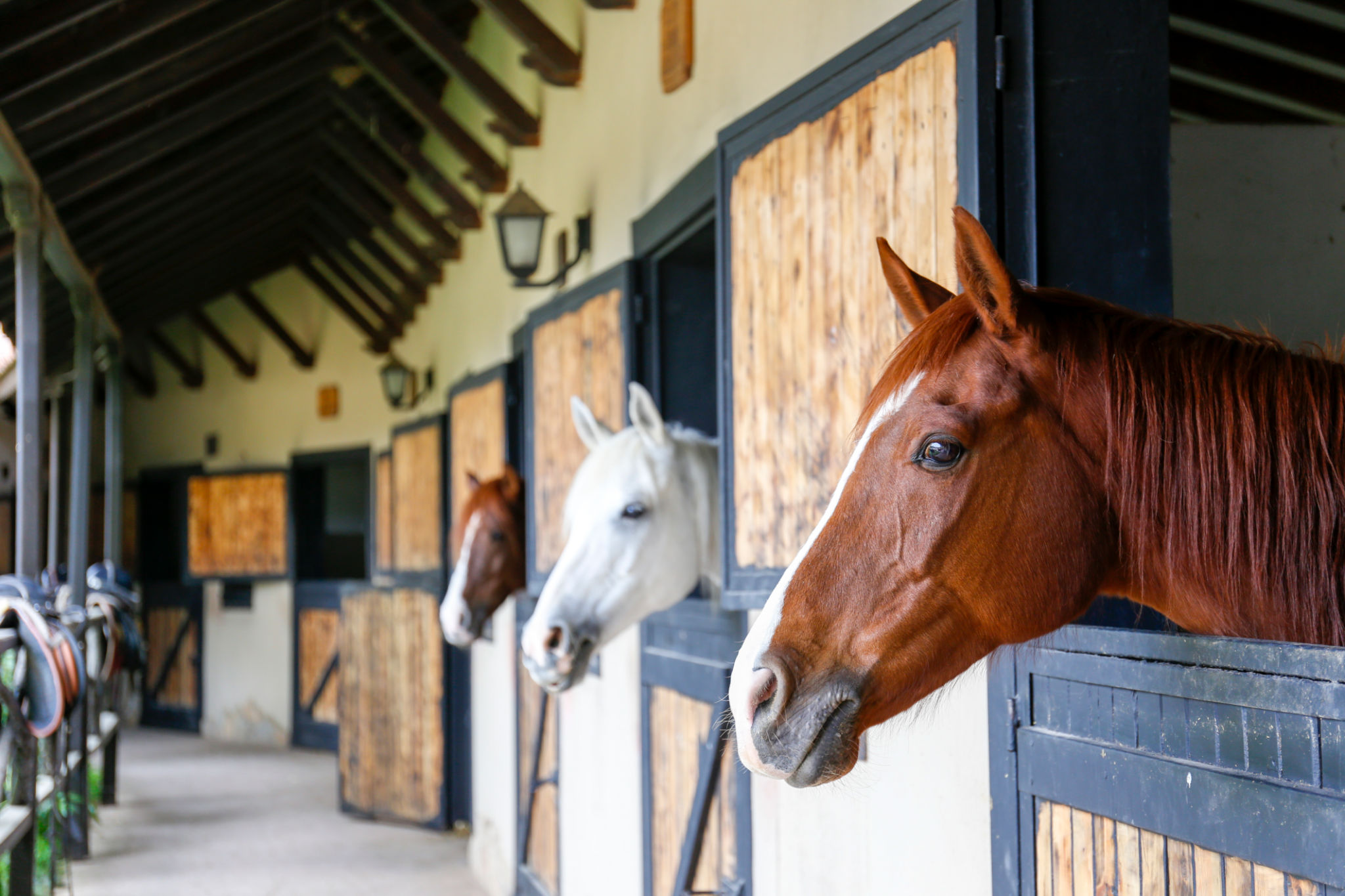Choosing the Right Farrier: Key Considerations for Horse Owners
Understanding the Role of a Farrier
For horse owners, choosing the right farrier is a crucial decision that directly impacts the health and performance of their horses. A farrier is a skilled craftsman responsible for the maintenance and care of horse hooves, including trimming and shoeing. Their expertise ensures that horses remain comfortable and sound, making their role essential in any equestrian operation. But how do you select the best one for your needs?

Qualifications and Experience
When searching for a farrier, it's important to consider their qualifications and experience. Look for someone who has completed a recognized apprenticeship or training program. Experienced farriers often have a portfolio or references from previous clients. Don't hesitate to ask for these as they can provide insights into the farrier's skills and reliability.
Experience with specific breeds or disciplines can also be beneficial. Different types of horses have unique needs, and a farrier with experience in your area of interest may offer invaluable insights.

Communication and Collaboration
Effective communication between the horse owner, farrier, and veterinarian is vital. A good farrier should be open to discussing any concerns you have and work collaboratively with your vet to address any health issues. This partnership ensures that your horse's hoof care plan is well-rounded and effective.
Establishing a solid working relationship with your farrier can lead to better outcomes for your horses. Regular updates and feedback will help you monitor progress and make informed decisions about your horse's hoof care.
Availability and Reliability
A reliable farrier is one who is punctual and consistent with appointments. Horses need regular hoof care every four to eight weeks, depending on their activity level and hoof growth rate. Ensure that your chosen farrier can accommodate this schedule without frequent cancellations or delays.

It’s also beneficial if the farrier can respond quickly in case of emergencies, such as a lost shoe or hoof injury. Ask about their usual response time in urgent situations to avoid any stressful last-minute searches.
Cost Considerations
Cost is another factor to consider when choosing a farrier. While it's important not to compromise on quality, understanding the pricing structure will help you budget effectively. Some farriers charge per visit, while others might offer package deals for regular clients.
Discuss all fees upfront to avoid any surprises. Remember that investing in a skilled farrier can save you from costly veterinary bills down the line due to improper hoof care.
Reputation and Reviews
A farrier's reputation can speak volumes about their quality of work. Ask fellow horse owners for recommendations and read online reviews if available. This feedback can provide a clearer picture of what you can expect from their services.
Keep an eye out for any red flags, such as frequent complaints about service quality or reliability, which could indicate potential issues.

In conclusion, choosing the right farrier involves careful consideration of various factors, from qualifications and experience to communication skills and reliability. By taking the time to select a professional who meets your specific needs, you ensure better hoof health and overall well-being for your horses.